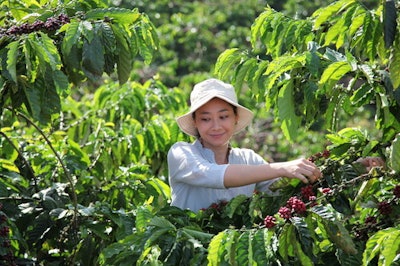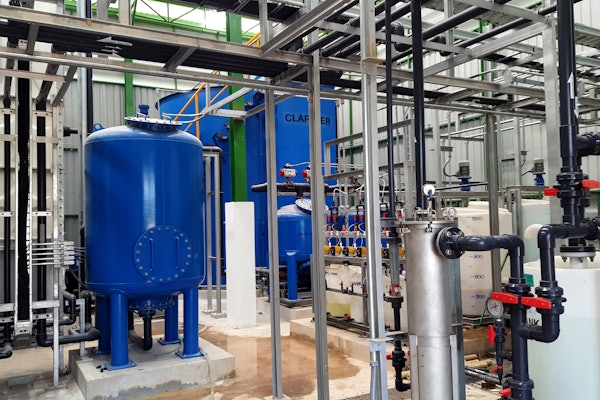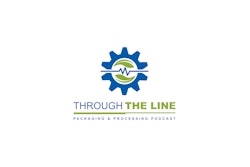
Nescafé is investing over $1 billion by 2030 in its Nescafé Plan 2030 to help make coffee farming more sustainable. Under the plan, the brand will provide farmers with training, technical assistance, and high-yielding coffee plantlets to help them transition to regenerative coffee farming practices.
Nescafé also will be working with coffee farmers to test, learn, and assess the effectiveness of multiple regenerative agriculture practices. The plan will focus on seven key origins from which the brand sources 90% of its coffee: Brazil, Vietnam, Mexico, Colombia, Côte d'Ivoire, Indonesia, and Honduras.
Initially, the plan will pilot a financial support scheme to help farmers in Mexico, Côte d'Ivoire, and Indonesia accelerate the transition to regenerative agriculture. The scheme could include measures such as conditional cash incentives for adopting regenerative agriculture practices, income protection using weather insurance, and greater access to credit lines for farmers.
 | Nestle Opens $340 Million Coffee Plant in Mexico |
Since 2010, the brand has made significant progress in sustainability, including:
- 82% of Nescafé’s coffee responsibly sourced in 2021
- 250 million new coffee plantlets distributed to farmers since 2010
- 46% reduction in greenhouse gas emissions in its soluble coffee factories (2020 vs. 2010, per tonne of product)
- 53% less water withdrawal in its soluble coffee factories (2020 vs. 2010, per tonne of product)
Nescafé aims to achieve 100% responsibly sourced coffee by 2025, as well as 20% of coffee sourced from regenerative agricultural methods by 2025 and 50% by 2030.
“Climate change is putting coffee-growing areas under pressure,” says David Rennie, head of Nescafé Coffee Brands. “Building on 10 years’ experience of the Nescafé Plan, we’re accelerating our work to help tackle climate change and address social and economic challenges in the Nescafé value chains.”




















